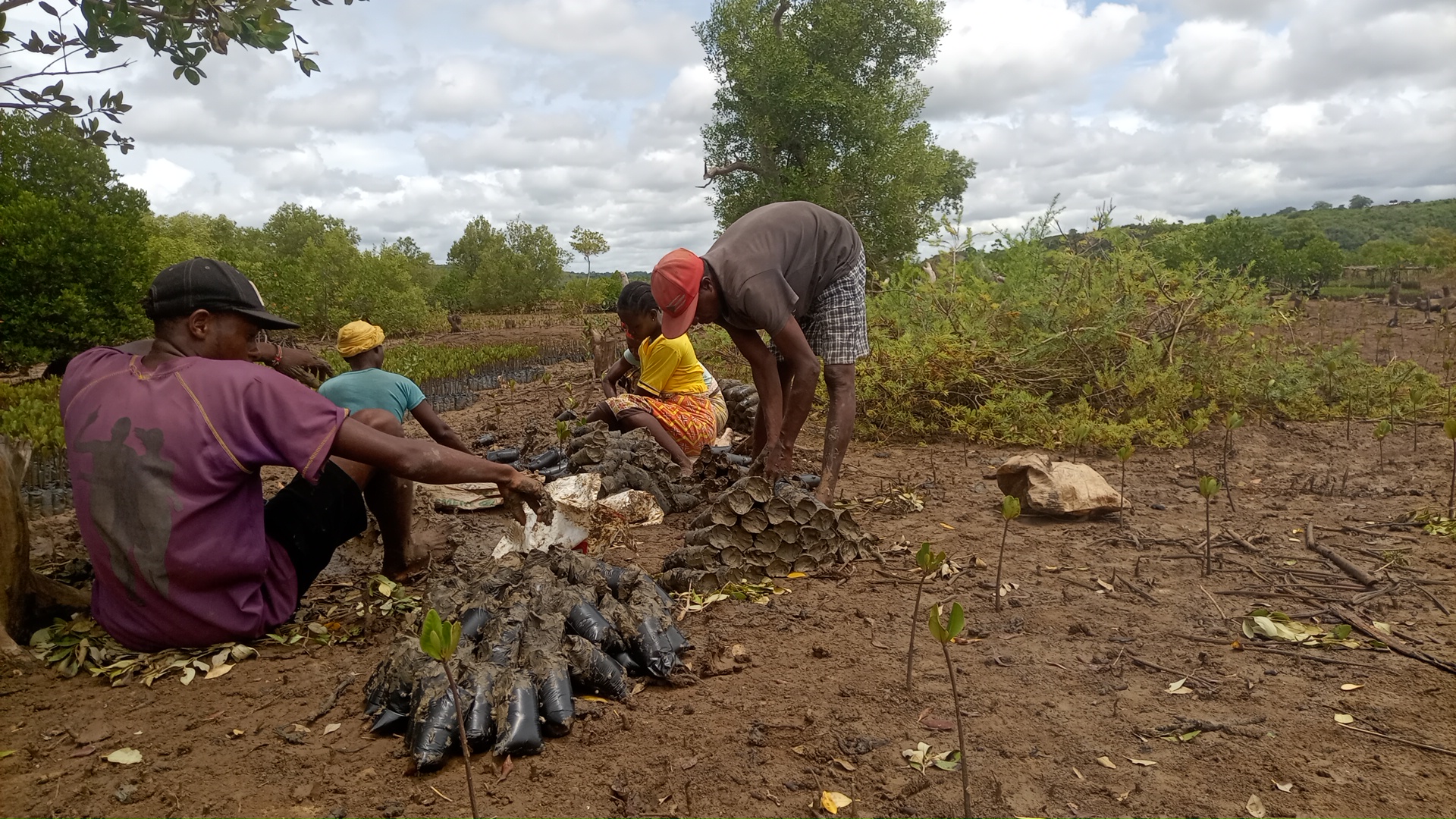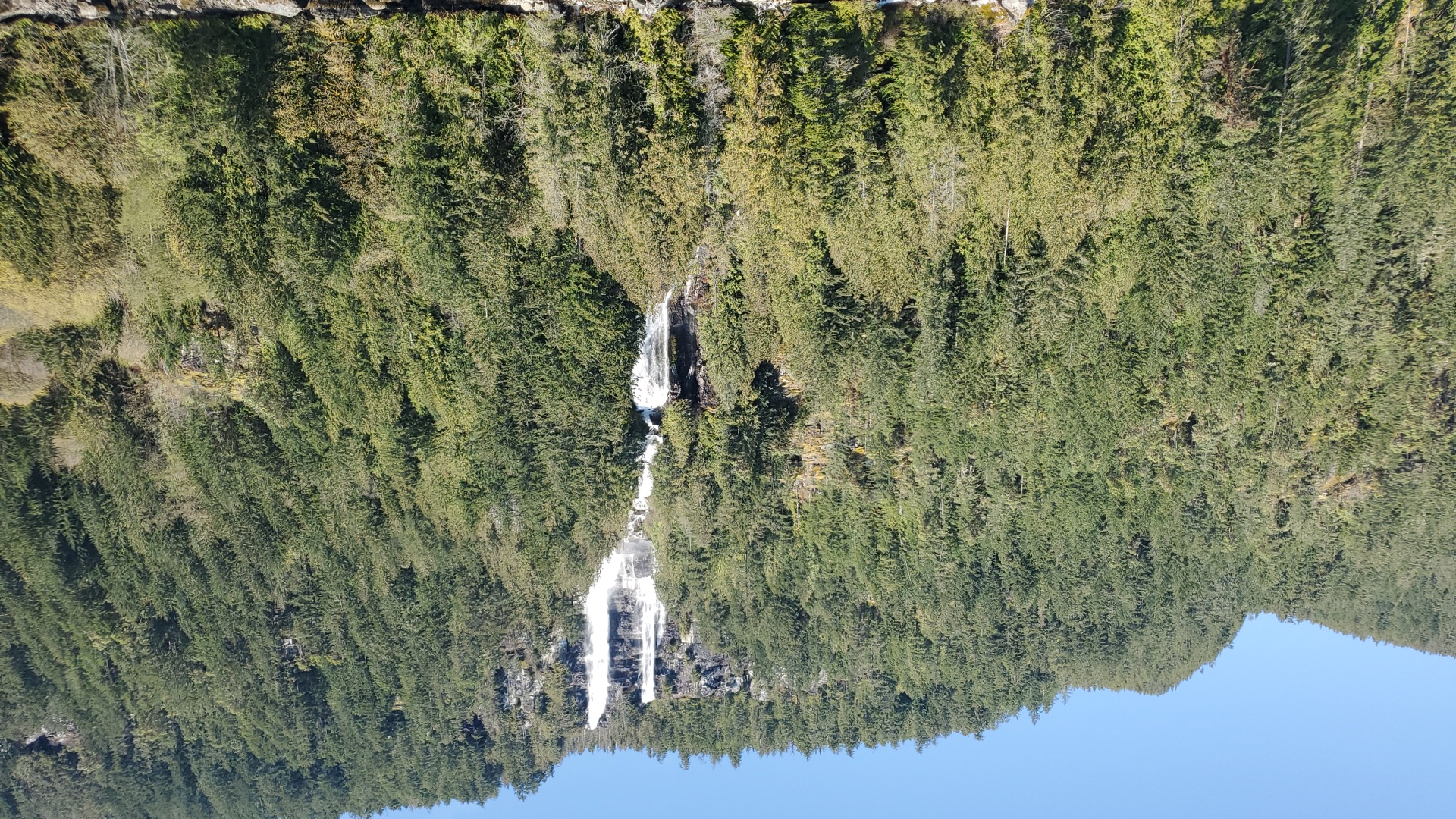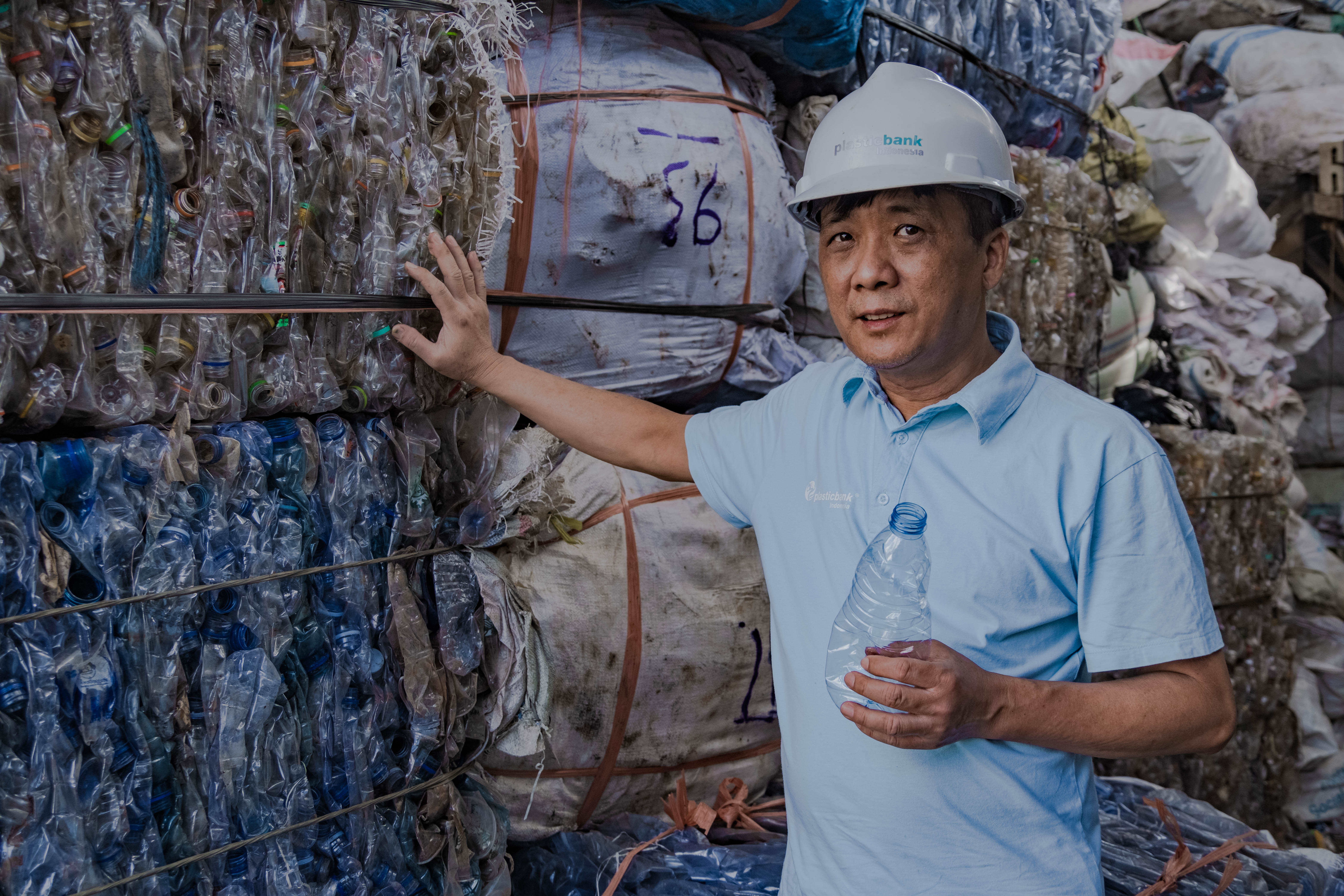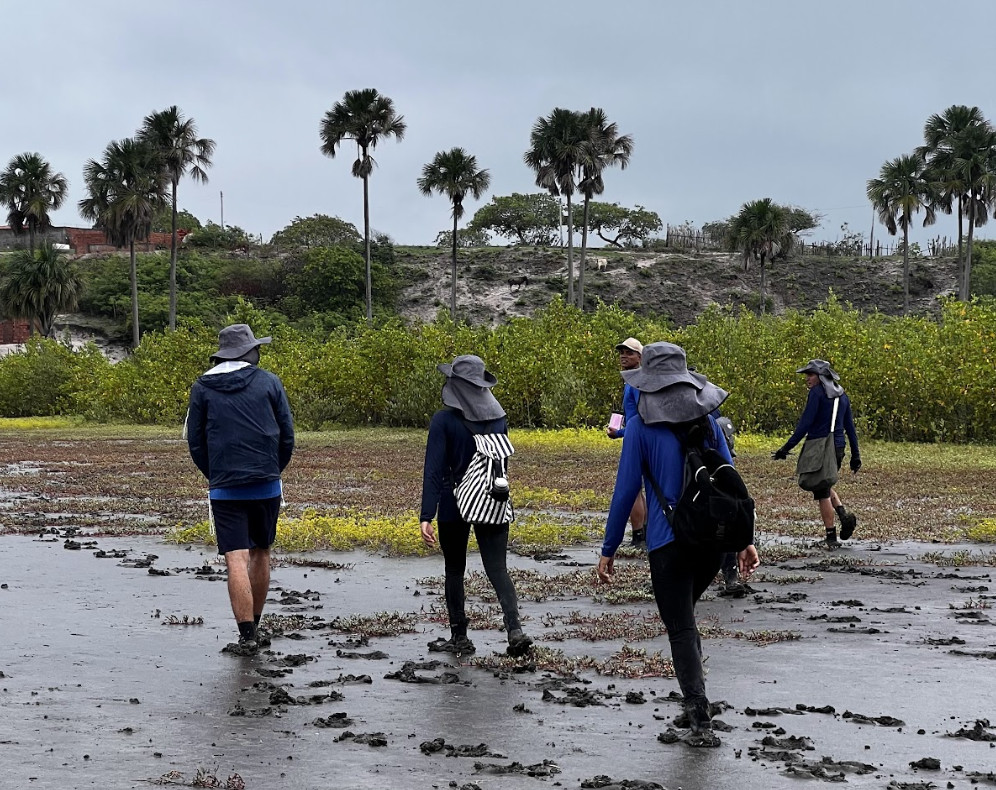


When we talk about climate change, the conversation often centres on carbon emissions, renewable energy, and international policy. But there’s a powerful and often underrepresented group that holds deep knowledge and plays a critical role in the future of our planet: Indigenous communities.
For thousands of years, Indigenous peoples have lived in harmony with nature. Their traditional ecological knowledge, built through generations of close interaction with their lands, waters, and ecosystems, offers invaluable insight into sustainable living and environmental management.
In fact, while Indigenous peoples make up only around 5% of the global population, they manage more than 25% of the world’s land surface and safeguard an estimated 80% of global biodiversity. Their contribution to conservation isn’t just symbolic, it’s measurable and vital.

Despite their critical role, Indigenous communities are among the first and most severely affected by climate change. Rising sea levels, extreme weather events, deforestation, and the activities of extractive industries threaten their homes, cultures, and traditional ways of life.
At the same time, these communities are frequently excluded from decision-making processes that shape environmental policy, funding, and development. This lack of representation not only deepens inequality but also undermines global efforts to address the climate crisis.
Working alongside Indigenous peoples in climate action isn’t just morally right, it’s strategically essential if we want long-term, sustainable solutions. Here’s why:
Indigenous communities are not just participants in the climate movement; they are global leaders. By supporting them, we build a more just, inclusive, and effective climate future for everyone.

At Greenspark, we believe that working in harmony with indigenous and local communities is essential to the success of climate initiatives. That’s why our environmental projects are not only focused on ecological restoration, they also champion social equity by supporting Indigenous communities wherever possible. We’re proud to be supporting a range of projects working alongside local communities across a number of our projects.
In British Columbia, Canada, we restore kelp forests in partnership with Indigenous communities and Veritree, blending traditional ecological knowledge with modern restoration techniques. This collaboration supports local employment, cultural revitalisation, and food sovereignty, while restoring marine habitats, boosting biodiversity, and capturing carbon. By centring on Indigenous leadership, the project benefits both the planet and the communities that have stewarded these coastal ecosystems for generations.
In Brazil, we restore mangrove ecosystems in Maranhão in collaboration with local Indigenous and traditional communities. These efforts help stabilise coastlines, protect vital breeding grounds for wildlife, and strengthen climate resilience. The project also creates fair employment opportunities and supports community-led conservation, empowering those with deep-rooted ties to the land to lead its regeneration.

In Kenya, we uplift coastal communities through mangrove restoration in partnership with Indigenous and local groups. By blending traditional ecological knowledge with modern planting methods, this EarthLungs initiative revitalises mangrove habitats, stabilises coastlines, supports fisheries, and sequesters carbon. The project creates fair employment opportunities in seedling nurseries and planting efforts, strengthening food security and income resilience. By centring on local leadership and Indigenous stewardship, it nurtures both ecological regeneration and community well-being.
In Indonesia, we collaborate with Indigenous-led networks and local waste workers to support community-based plastic collection. These initiatives reduce ocean-bound plastic, protect marine life, and create stable income opportunities for people in vulnerable coastal areas. By valuing Indigenous participation and local knowledge, the project promotes both environmental justice and economic empowerment.
If you'd like to learn how to support this project within your business, one of our team members would be happy to speak with you. Email us or book a call with us today to learn more!
